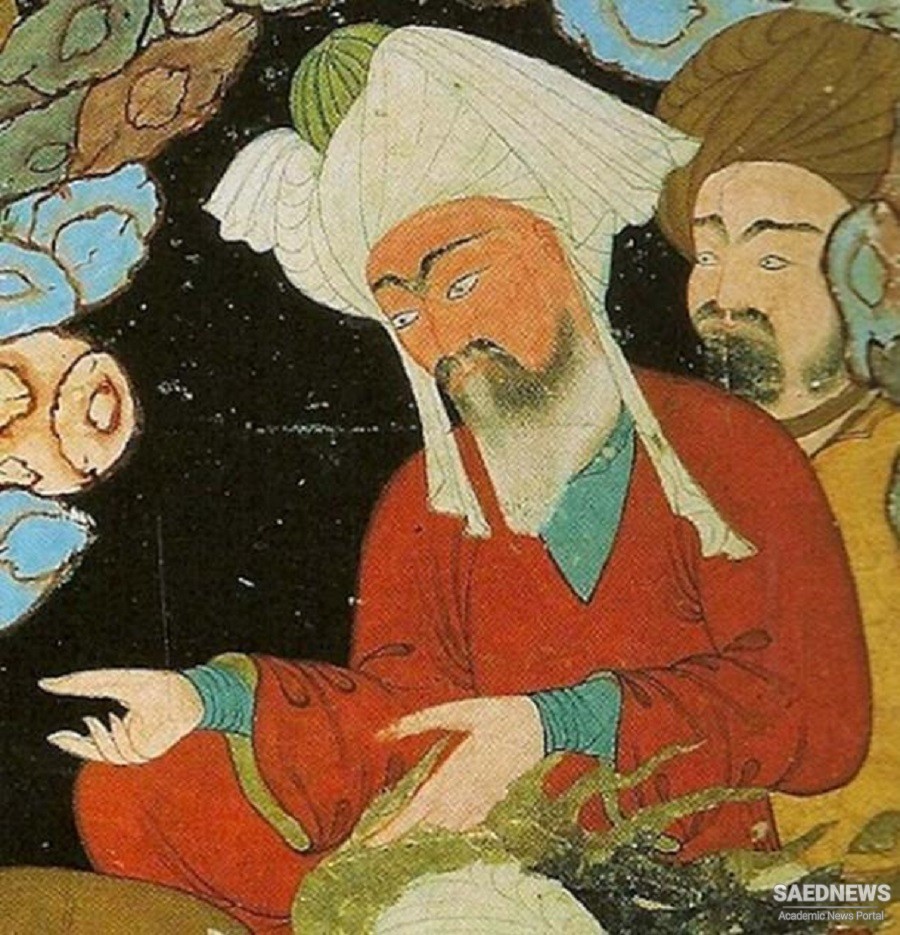Abu Bakr, the close companion and father-in-law of Muhammad, was elected the first caliph of the Muslim community when Muhammad died in 632. Sunni Muslims regard him as one of the four “rightly guided” caliphs, along with Umar ibn Al-Khattab (r. 634–644), Uthman ibn Affan (r. 644–655), and Ali Ibn Abi Talib (r. 656–661). A native of mecca, Abu Bakr was a member of a branch of the Quraysh tribe and made a living as a merchant. He is remembered as the first of Muhammad’s associates (excluding family members) to convert to Islam, and he helped protect Muhammad when he departed on the hiJra to medina in 622. His nickname was al-Siddiq (the truthful) because he was the first to confirm the reality of Muhammad’s night Journey and ascent. Abu Bakr was Muhammad’s main adviser, and he joined him in all his subsequent battles. His daughter aisha married Muhammad and became his most important wife. When Muhammad died, Abu Bakr was the candidate favored by the powerful Quraysh and other emigrants from Mecca to become the Prophet’s successor (caliph), against Ali, who was favored by the ansar of Medina. Ali and his supporters, however, pledged allegiance to Abu Bakr without conflict. In what were called the “wars of apostasy,” Abu Bakr was soon forced to suppress rebellions by tribes in outlying regions of the Arabian Peninsula that had refused to pay alms (zakat), or had turned away from Islam to follow rival prophets. After successfully prosecuting these wars, he authorized the sending of Muslim and arab tribal armies into Syria and Iraq, thus inaugurating the first Muslim conquests outside the Arabian Peninsula. The first collection of the Quran in written form was also initiated at his order (Source: Encyclopedia of Islam).


 Islamic Caliphate: Leadership Crisis in Post-Prophetic Islamic World
Islamic Caliphate: Leadership Crisis in Post-Prophetic Islamic World














































